Science in Society: Charlotte Biil is a “knowledge broker” and urges more researchers to become the same

(Photo by Anna Holte)
PhD Fellow Charlotte Biil has a mission: to make research within the fields of the work environment and partnership building more available to practitioners, and she is about to submit one of the few reports of its kind on the subject in the Nordics. She calls herself a ‘knowledge broker’, a person who bridges the gap between practice and research, and urges more researchers to adopt the same role.
Researchers often aim to solve problems, optimize methods, or explain why things are as they are. More often than not, results are published in scientific journals, some are featured in teaching and textbooks, and some go directly to the practitioners who need them.
And the last example is what PhD Fellow at CBS Charlotte Biil has been occupied with for the past seven years.
Her research has investigated how partnerships between voluntary organizations, the public and researchers can realize potentiality in welfare production and also bring new perspectives to research within the field of the work environment.
Her research paper on the topic is one of the few of its kind in the Nordics. The aim? To translate and transform the research into tangible knowledge for practitioners.
“In general, the welfare state has become much more complex when dealing with production and collaboration on providing welfare benefits,” she says and gives an example from the work environment:
“20 years ago, smoke, noise and dirt were the main issues affecting the work environment. Today, we have anxiety, stress and depression. These issues are far more complex to solve, which is why we need research,” says Charlotte Biil, who has her office at the Department of Management, Politics and Philosophy at CBS and will defend her PhD in March 2020.
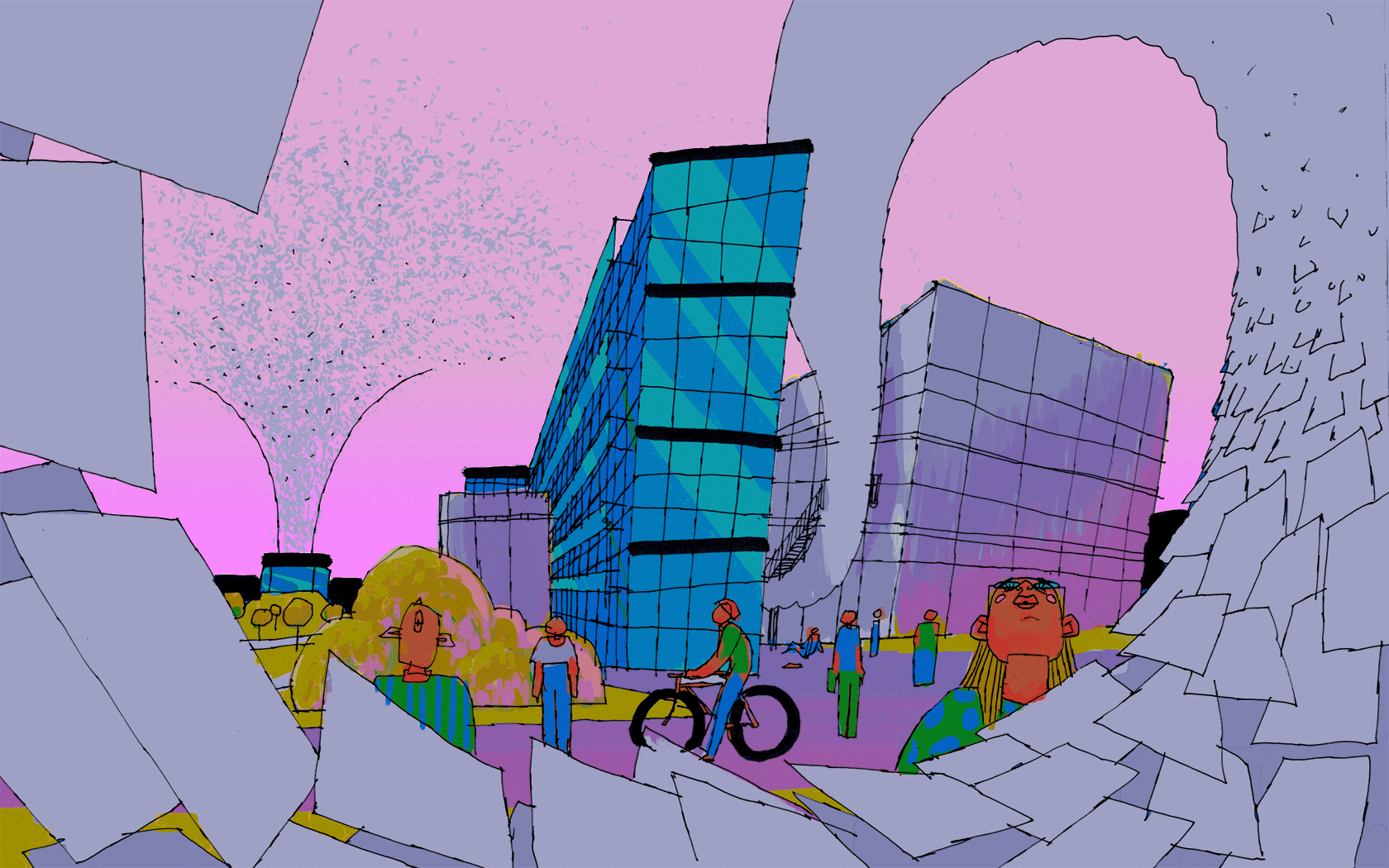
(GIF: Emil Ernst Friis)
Before joining CBS to do her PhD, Charlotte Biil worked extensively on building partnerships and studying work environments in various big organizations, where she realized that what was needed was a specific study on how useful knowledge from universities could be transferred to workplaces and support a research-based transformation.
And this mainly involves partnerships, it appears.
One good example is Charlotte Biil’s colleague Postdoc Pernille Steen Pedersen. Her research has revealed new ways of handling cases of stress at Danish working places. From day one, she wanted her research to change work practices.
“Partnerships are what make research take off. Partnerships are also crucial for regulating the work environment in Denmark. So, if you want to change it, you need to engage many partners at different levels,” says Charlotte Biil.
Part of a chain
During her project, Charlotte Biil has worked intensively with partnerships and sees herself as a bridge builder linking research and practice. A so-called knowledge broker.
She has developed a five-step ‘Sustainable Partnership Model’ for collaborations between research, practice and policy (see fact box). The model can be used to solve various work environment issues that, according to Charlotte Biil, often touch on different players from the management and employees to those compiling work environment regulations.
“My research also clarifies how previous research on the work environment can be used in practice when dealing with complex issues. Here, my research can identify how research can be translated and transformed into something practitioners can understand,” she says, explaining that she can also be seen as a research transformer.
She believes more researchers should aim to be knowledge brokers, but also accepts that not everyone should be skilled at everything.
“We should see ourselves as links in a chain. As a knowledge broker, I’m the link that bridges research and practice, while other researchers occupy other places in the chain. We don’t all have to be knowledge brokers, but we can bear in mind how our research can reach a wider audience,” she says.
Supporting society through knowledge
As discussed in previous articles, much of the knowledge produced at universities never finds its way from journals into practice. So, what are the obvious barriers?
“Incentives are lacking. Researchers can’t climb the career ladder by turning their research into practice. Only scientific articles earn the title of Postdoc or Associate Professor,” she says and adds:
“And maybe we should consider changing that.”
Charlotte Biil reflects for a moment.
“Another barrier when talking about welfare research and specifically about work environment research is certainly the high level of complexity. We have ended up overexploiting human resources which, of course, has consequences. The welfare state is changing, and we must understand how and why,” she says.
She suggests that one way CBS could make its research more available to society and practitioners would be to construct platforms based on the Sustainable Partnership Model that span practice, policy and research and offer the newest knowledge within given fields, as well as offering courses on welfare partnership management.
“We should aim to be a university that supports the society we aspire to have,” she says.



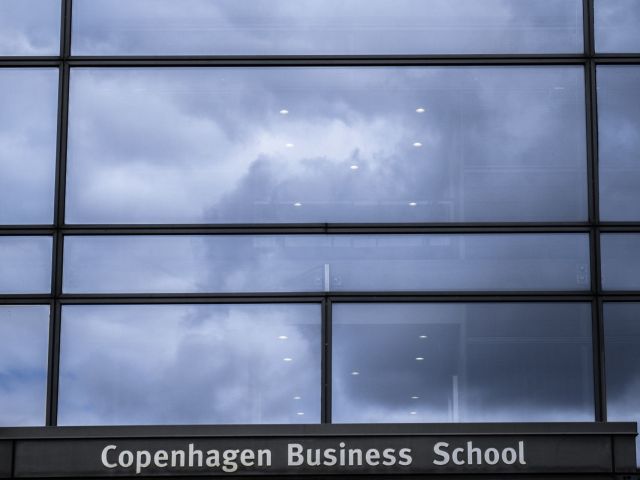
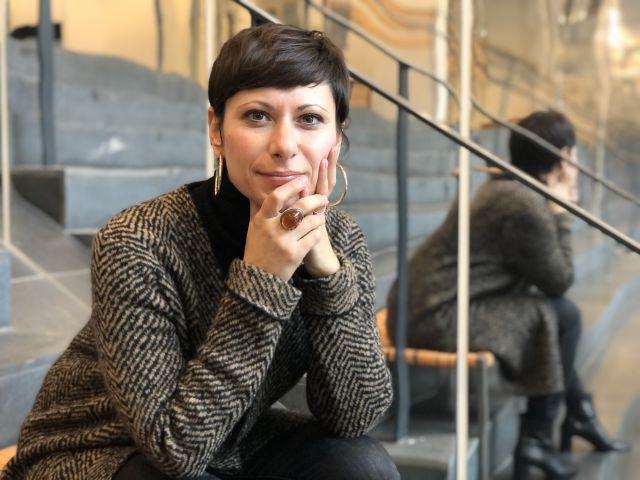


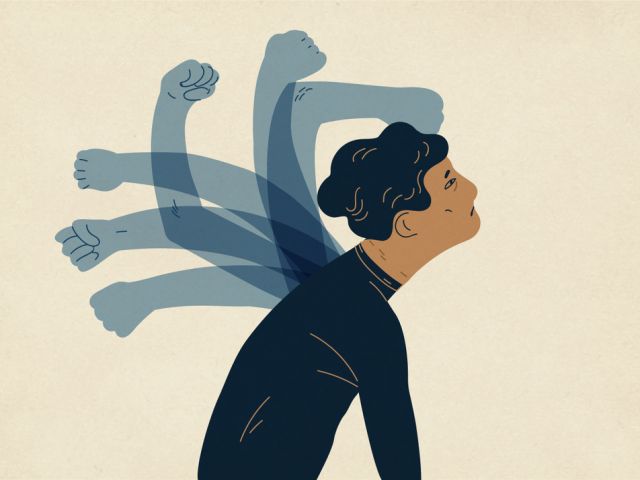

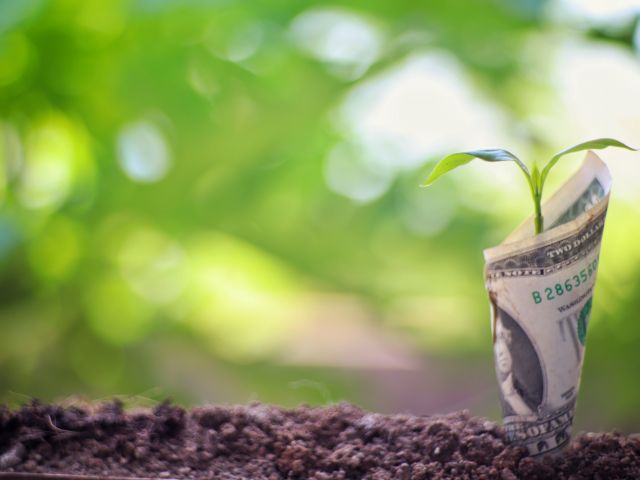





























































































































Comments